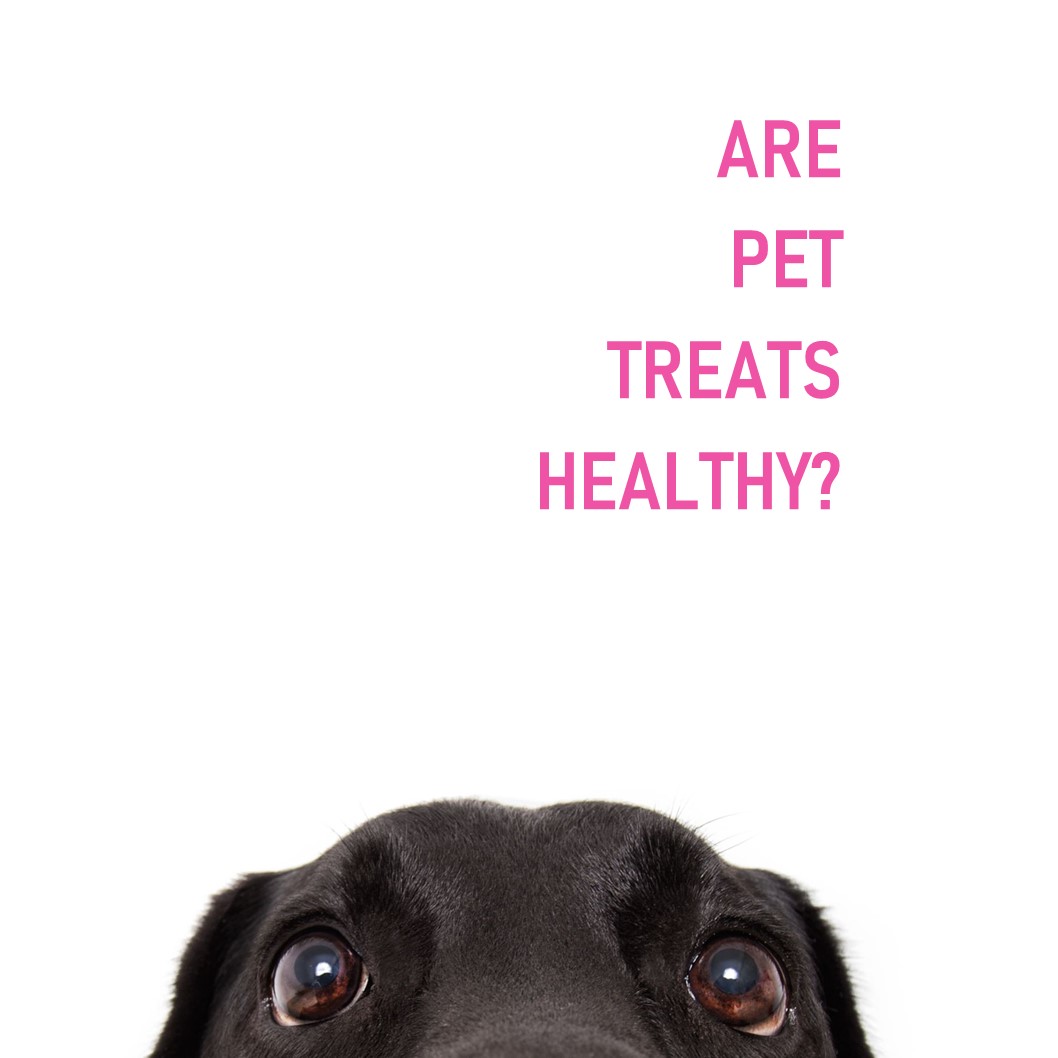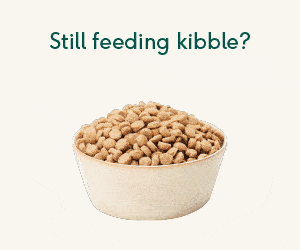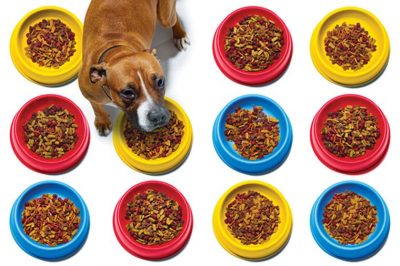
We love our pets and want them to be happy. For us humans nothing beats a nice tasty treat, and we want to transfer that feeling to our pets. But the question is – are pet treats healthy?
The Ugly Truth
Pet foods must adhere to nutritional standards, but this isn’t the case for pet treats. They fall under the category of “for supplemental feeding only”, which means you’re only supposed to feed them occasionally, not regularly. This offers the manufacturer leniency to use whatever ingredients they choose, and whatever marketing strategy they like.
Just say you saw a brand called Dentabix, with a picture on the packaging of a young pup with incredible teeth. You instantly assume the treats will offer your pet supreme dental health, when that’s likely not the case. It’s likely they’re more unhealthy than not.
Most pet treats are formulated with cheap ingredients inclusive of cereals (such as wheat), sugars, and chemicals.
They’re simply not designed with the health of your pet in mind.
The Dangers of Over-Treating
We all have unhealthy foods at times. Most of us probably eat something unhealthy each and every day. Thankfully we have a varied diet hopefully inclusive of a lot of nutritious foods as well. For our pets this isn’t always the case, often a combination of a poorly formulated dry kibble and poorly formulated treats.
A treat may contain something unhealthy, which when eaten occasionally doesn’t pose much risk. But if you feed your pet such a treat multiple times a day, or as a daily routine, then over time those unhealthy ingredients (or possibly toxins) will build up and start chiseling away at your pet’s health.
Small Dog Breeds are Most at Risk
Small dog breeds are most at risk, but all dog breeds can suffer. It’s not only treat to body-size ratios, but also about lifestyle. As we get older we opt for smaller, less active dogs to fit in with our less-energetic lifestyle. It’s much easier to over-treat a small dog, and therefore much easier to cause them harm.
Because smaller dogs are often less energetic, they’re less likely to burn off the sugars or carbohydrates contained in many commercial pet treats.
Without stereotyping senior citizens, my Grandma used to feed her Yorkshire Terrier Pedigree treats all the time. She wanted her dog to be happy, but the sad truth was her dog became overweight, lethargic, and sadly passed away before her time. My Grandma would’ve had no idea what was in the treats as this was rarely considered in previous years, and she wouldn’t have known Pedigree was a Mars brand. Would you?
Fat Cats
Like small breed dogs, cats tend to be less energetic, and very susceptible to sugars and carbohydrates. They’re obligate carnivores after all. Meat eaters. Take a look at the ingredients of your cat treats, and ask yourself if they sound healthy, nutritious, or suitable for a meat eating carnivore. They probably aren’t.
What Treats are Healthy?
Not all treats are bad. Many have sprung up in recent years which do have the health of your pets in mind. Many of these are freeze dried for freshness, with the caveat being freeze dried treats tend to be expensive. That said, you’ll find a range of meat-based treats, or novel (and healthy) stuff like green lipped mussels or organ meats.
If you’re looking for some tips on what dog treats to buy in Australia then here’s a couple of great starting points:
- Our list of best dog treats in Australia.
- A list of vet-recommended dog treats (note: these may not be as healthy as you would believe)
If in Doubt
Always read the ingredients, and ask yourself “Does it sound healthy?”
You don’t need to resort to commercial pet treats either, as our pets will love you just as much if you treat them with a nice piece of chicken, tuna, or any other foodstuff which is healthy and species appropriate.








Many people are now buying dehydrators and making treats from single proteins, EG: Chicken hearts, chicken feet, beef trachea, pigtails and jerky. Is the public fooling themselves that these are healthier options for their pets?
We’re often lured into buying products when it can be far simpler and far healthier to make our own. In that respect, cost of a dehydrator aside, it’s a very good idea.
It’s the same with what we eat. I find far too often a commercial product is far less healthy than what we could make at home with a few simple ingredients.